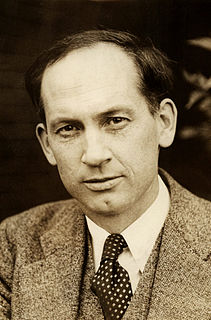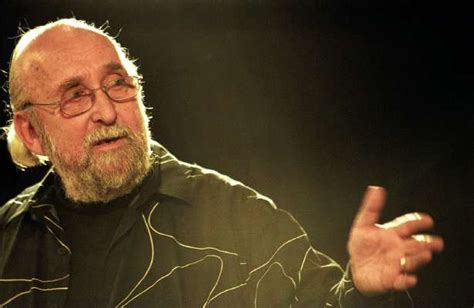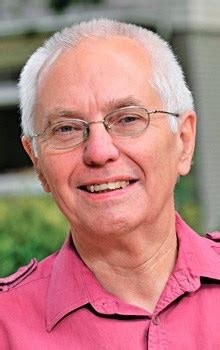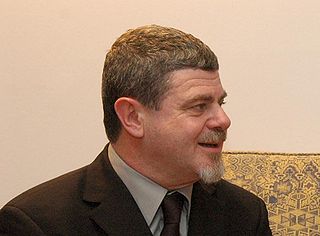A Quote by Harold Innis
The mixture of the oral and the written traditions in the writings of Plato enabled him to dominate the history of the West.
Quote Topics
Related Quotes
In order to teach a course in the history of Western religious thought, I had to do a great deal of research in the writings within the Judaic and Christian traditions and I was astonished to find in those writings philosophical thought of great power and sophistication. These writings completely blew away all my opinions about what I had taken to be the irrationality or immaturity of religious ideas, opinions which were and still are fashionable in many intellectual and literary circles today.
Although it is tempting to imagine an ancient era innocent of biochemical weaponry, in fact this Pandora's box of horrors was opened thousands of years ago. The history of making war with biological weapons begins in mythology, in ancient oral traditions that preserved records of actual events and ideas of the era before the invention of written histories.
My book, Oral History: Understanding Qualitative Research is about how researchers use this method and how to write up their oral history projects so that audiences can read them. It's important that researchers have many different tools available to study people's lives and the cultures we live in. I think oral history is a most needed and uniquely important strategy.
Through Plato, Aristotle came to believe in God; but Plato never attempted to prove His reality. Aristotle had to do so. Plato contemplated Him; Aristotle produced arguments to demonstrate Him. Plato never defined Him; but Aristotle thought God through logically, and concluded with entire satisfaction to himself that He was the Unmoved Mover.
I'm saying that the domain of poetry includes both oral & written forms, that poetry goes back to a pre-literate situation & would survive a post-literate situation, that human speech is a near-endless source of poetic forms, that there has always been more oral than written poetry, & that we can no longer pretend to a knowledge of poetry if we deny its oral dimension.
Moreover, it is so important that people have the opportunity to share their stories and have them documented. There have been large-scale oral history projects after many events, from September 11th to Hurricane Katrina. Many oral history projects are much more confined, but equally valuable. We can learn about different working conditions, living conditions, trauma experiences and much more through oral history.
We live in a society that is in transition from oral to written. There are oral stories that are still there, not exactly in their full magnificence, but still strong in their differentness from written stories. Each mode has its ways and methods and rules. They can reinforce each other; this is the advantage my generation has - we can bring to the written story something of that energy of the story told by word of mouth.
The Bible is a collection of writings by lots of different people written over maybe a thousand years, from a number of centuries before Jesus to a century after Jesus. I often like to refer to it as "the Scriptures" to make that point about it being lots of writings that were originally separate. What these writings have in common is that "the Old Testament" is writings that grabbed the Jewish people; writings that convinced them that they were God's word to them. And "the New Testament" is writings that grabbed people who believed in Jesus in the same way.
The marriage tie becomes possessed of a history and takes to itself traditions. This history and these traditions form a great fund, to which changing conditions and growing imagination constantly add. And the traditions, more especially, bear heavily upon the individual, overmastering his natural expression of the love instinct and forcing him to an artificial expression of that love instinct. He loves, not as his savage forbears loved, but as his group loves.
Oral history is a research method. It is a way of conducting long, highly detailed interviews with people about their life experiences, often in multiple interview sessions. Oral history allows the person being interviewed to use their own language to talk about events in their life and the method is used by researchers in different fields like history, anthropology and sociology.






























